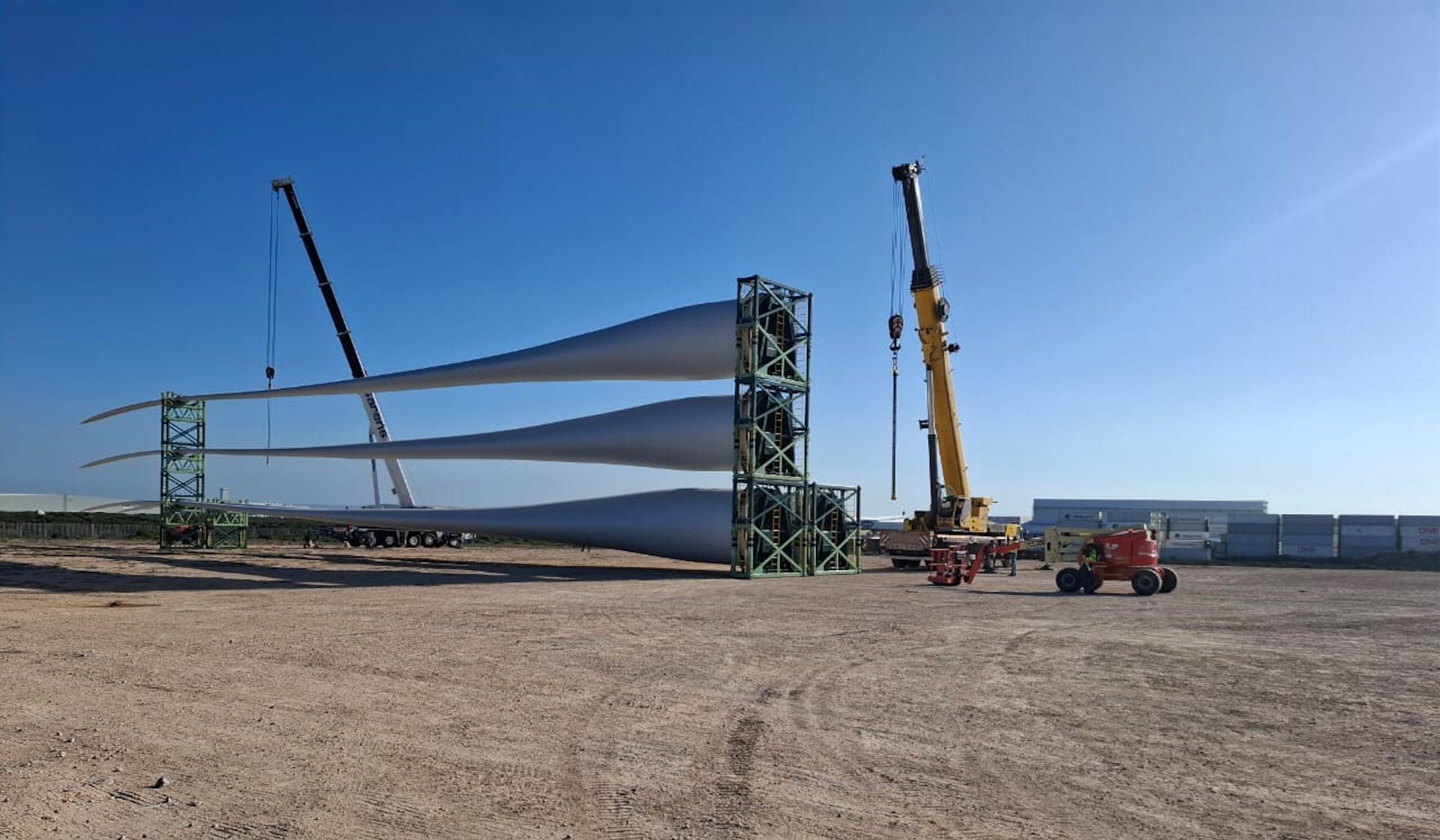Stellenbosch University (SU) has officially launched its School for Climate Studies, the first of its kind in South Africa, in what promises to be a ground-breaking initiative in the battle against climate change.
The School will create transdisciplinary capacity to combine the climate-related knowledge systems of SU’s faculties, the public sector’s climate policies and initiatives, the private sector’s climate redress and innovation capacities and the social impact mission of SU in both academic and applied ways – all in support of the transition to a climate-resilient society and a low-carbon economy.
In addition, the School will conduct research, coordinate curricula development and facilitate postgraduate training, advice and consultancy as well as technology transfer in the multiple fields of climate studies. This will be achieved by engaging a network of researchers at SU and other universities, institutions and organisations in South Africa and abroad to actively collaborate on climate studies and their application. One such collaboration will be with the Global University Alliance on Climate (GUAC), which includes the universities of Oxford and Cambridge, Massachusetts Institute of Technology (MIT), the University of California, Berkeley, and other leading universities across the world. SU is the only African member of GUAC at present.
In his opening address at the launch, Deputy Minister of Higher Education, Science and Technology Buti Manamela said: “A recent joint report by the Intergovernmental Science-Policy Platform on Biodiversity and Ecosystem Services (IPBES) and the Intergovernmental Panel on Climate Change (IPCC) emphasises the need for a new generation of scientists who are not only experts in their fields, but also able to think across multiple disciplines to identify synergies and innovate solutions to climate challenges.
“We now know with greater clarity that our economies and ecological systems are co-dependent and interacting. While human ingenuity is infinite, our natural resources are not. Ingenuity is needed now more than ever before to allow vibrant human societies to develop sustainably within a finite resource landscape.”
He said the new School for Climate Studies would add to the existing excellence and pool of training centres in the increasingly crucial field of climate change and its negative impact on the economy and society. “Focused studies on climate change are a positive step towards giving this issue the attention it deserves – a move away from dealing with it under the traditional umbrella of environmental studies or science. Direct benefits of this focused approach are the potential for new knowledge generation, the development of a new generation of well-trained climate scientists and students, as well as increased research outputs, including scientific evidence to support policy development, planning and general decision making,” said Manamela.
Prof Wim de Villiers, SU Rector and Vice-Chancellor, said establishing the School for Climate Studies would offer society a very urgent and necessary service. “Sometimes, it seems that we, as South Africans, tend to revert to the notion that only the major economies of the world are big offenders when it comes to our warming planet. But actually, as a major contributor to the emission of greenhouse gases on the African continent, South Africa cannot simply sit back and shrug off this mounting humanitarian crisis. As such, the School for Climate Studies, together with collaborating partners from all over the world, will have the capacity to contribute significantly to research and solutions in fighting climate change.”
SU’s Prof Guy Midgley, a global leader in biodiversity and global change science, said climate change presented an opportunity for the School to identify risks and harness the opportunities. “A 2018 World Economic Forum report identified extreme weather, natural disasters, water crises, the failure of climate change mitigation and adaptation, food crises and large-scale involuntary migration as the major risks to the global economy by virtue of their likelihood and impact. It is very obvious that these are all elements of the same problem − an overuse of the environment. So, we need to look at this holistically if we want to solve it. If we can get this right, we would be able to address a wide range of the top dreaded disasters.
“It is really about how we integrate two very complex systems – the ecological system and the economic system. For some reason, we prioritise the economic system; we feel that human well-being lies in economic well-being. This has led to the strip-mining of the world’s ecological system to support the economic system. We should reset the balance between the two.”
According to Prof Eugene Cloete, SU’s Deputy Vice-Chancellor: Research, Innovation and Postgraduate Studies, work on the development of new curricula (modules) for the School at both undergraduate and postgraduate levels is well under way

